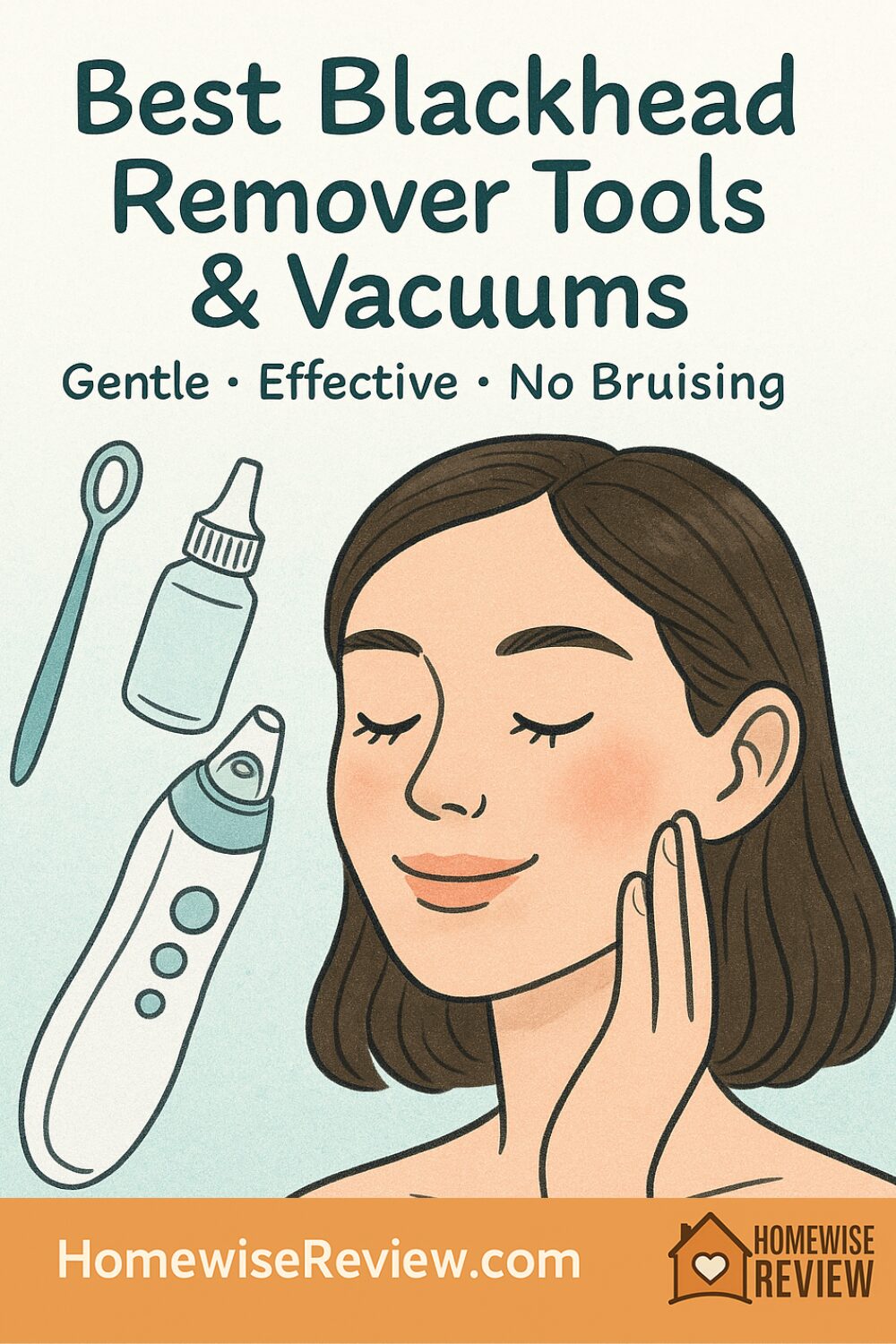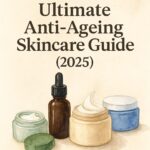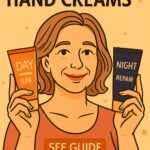
The safest way to decongest pores at home is to soften the skin first, then use gentle pressure with a loop extractor or low, controlled suction. Ultrasonic spatulas are the most forgiving, vacuums require restraint, and stainless tools demand good prep and light hands.
Blackheads are compacted oil and dead skin sitting in a widened pore. They are stubborn, but you can clear them without wrecking your barrier. The secret is to prep first so plugs slide out with minimal pressure, then choose the tool that matches your skin’s tolerance: a loop extractor for precision, an ultrasonic spatula for the gentlest push, or a variable-suction vacuum for larger areas if your skin is not reactive.
Below you will find reliable, beginner-friendly tools across price points. Each option is chosen for control, clear instructions, and tips to avoid bruising or capillary damage. Use them sparingly, keep everything clean, and follow with calming care.
Quick Picks
| Pick | Type | Best for | Why it’s great |
|---|---|---|---|
| Tweezerman No-Slip Skin Care Tool | Stainless loop extractor | Precision around nose and chin | Non-slip grip, two loop sizes, easy to sanitize |
| BESTOPE Blackhead Remover Kit (5-pcs) | Multi-tool extractor set | Budget, multiple pore sizes | Several loop shapes for tricky angles |
| DERMAFLASH Dermapore | Ultrasonic spatula | Gentle, sensitive-leaning skin | Vibrating spatula lifts debris with minimal pressure |
| VOYOR Blackhead Remover Vacuum | Variable-suction vacuum | Larger areas, normal-oily skin | Adjustable suction, multiple tips, rechargeable |
| Microderm GLO Diamond Microderm | Microderm + suction | Texture + clogged pores | Exfoliates and vacuums for smoother look |
Deep Dives
Tweezerman No-Slip Skin Care Tool — Best precision extractor
Rating: 4.8/5
Why: The double-ended loops give firm control with less slip. Stainless steel cleans easily with alcohol, and the weight makes light pressure easier to maintain.
Best for: Isolated blackheads on nose, chin, and lip line.
How to use: After softening skin, place the appropriate loop around the plug and press gently downward and slightly across. One to two attempts only.
BESTOPE Blackhead Remover Kit — Best budget multi-tool
Rating: 4.6/5
Why: Several loop sizes and angles help reach creases around the nose and brows. Comes in a case to keep tools clean.
Best for: Households or anyone who wants options for different pore sizes.
How to use: Disinfect before and after. Stick to rounded loops for blackheads; avoid sharp lancets unless guided by a pro.
DERMAFLASH Dermapore — Most forgiving for beginners
Rating: 4.7/5
Why: Ultrasonic vibration plus a beveled spatula edge coaxes sebum out with far less risk of bruising than suction. Users like the “dewy clean” feel with minimal redness.
Best for: Sensitive or redness-prone skin that still gets T-zone clogs.
How to use: Keep skin damp. Glide at a 45° angle outward from the pores for 3–5 minutes, then rinse and moisturize.
VOYOR Blackhead Remover Vacuum — Best adjustable suction
Rating: 4.5/5
Why: Multiple tips and power levels let you start low and only increase if skin tolerates it. The oval tip works well at the sides of the nose.
Best for: Normal to oily skin, larger areas like cheeks or forehead.
How to use: Lowest setting first. Constant motion only. One slow pass per line, no hovering.
Microderm GLO Diamond Microderm — Best texture + decongest combo
Rating: 4.6/5
Why: Diamond tip exfoliates the surface so plugs release more easily while gentle suction lifts debris. Many owners report smoother makeup application after a few uses.
Best for: Dull texture and stubborn nose/cheek congestion.
How to use: Weekly at most. Very light pressure, short strokes, then hydrate.
How to clear blackheads safely at home
- Soften first. Cleanse, then warm the face for 5–10 minutes. A warm shower or a quick session with a facial steamer works well.
- Disinfect. Wipe tools with 70% isopropyl alcohol. Wash hands.
- Extract gently.
- Loops: One light press and slight roll. If it doesn’t move, stop.
- Ultrasonic: Keep skin damp. Glide, don’t scrape.
- Vacuum: Lowest suction, continuous movement, one pass per area.
- Soothe and seal. Rinse. Apply a niacinamide or aloe serum, then a simple moisturizer. Optional: clay mask on the nose for 5 minutes.
- Maintain. Use a BHA toner 2–4 nights per week to keep pores clear so you are not extracting constantly.
See also
Set yourself up so extractions are rare. Start with a gentle cleanser from Best Facial Washes for Acne-Prone Skin and keep pores clear between sessions with a pick from Best Toners for Oily & Acne-Prone Skin so plugs are softer and easier to lift. If your skin leans reactive, layer calming support from Best Niacinamide Serums after you extract so redness settles quickly.
Prep and aftercare matter more than the tool. A short steam from Best Facial Steamers can replace squeezing, and using a weekly reset from Best At-Home Chemical Peel Kits helps lift compacted cells so less builds up in the first place. Combine these and you will need tools less often while your skin stays smoother week to week.
Affiliate Disclosure
If you purchase through links on our site, we may earn a small commission at no extra cost to you.
FAQs
Are pore vacuums safe
Yes if you use low suction and keep moving. Hovering or high power can cause bruising or broken capillaries.
How often should I extract
No more than once per week. Daily extraction irritates and can enlarge the look of pores.
Loops vs vacuum — which is better
Loops are best for a few stubborn plugs. Vacuums cover larger areas quickly but require restraint. Ultrasonic spatulas are the gentlest.
Can I extract on active acne
Skip cystic or inflamed pimples. You can spread bacteria and worsen inflammation.
Do I need to sterilize tools
Yes. Alcohol before and after. Store in a clean case.




